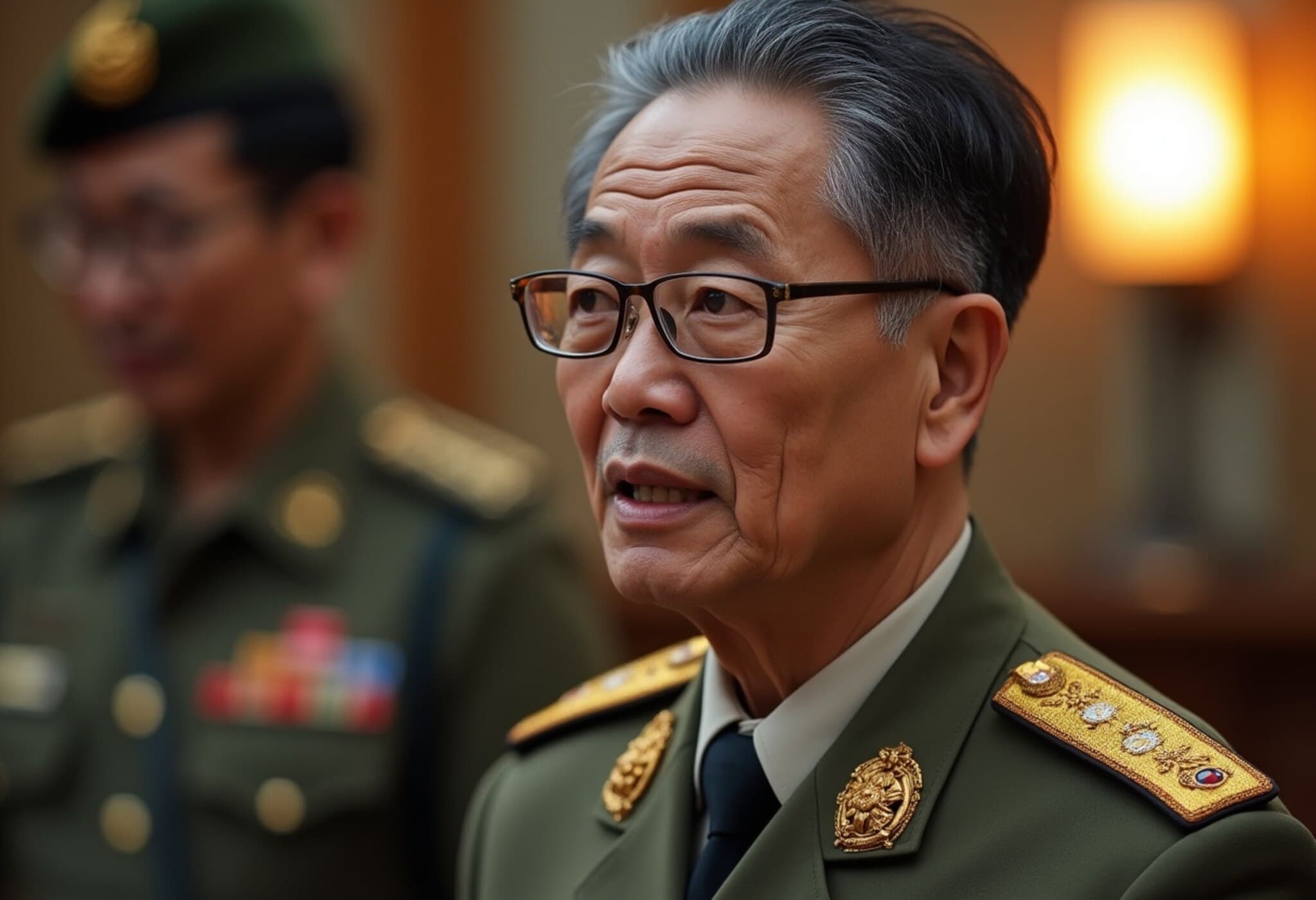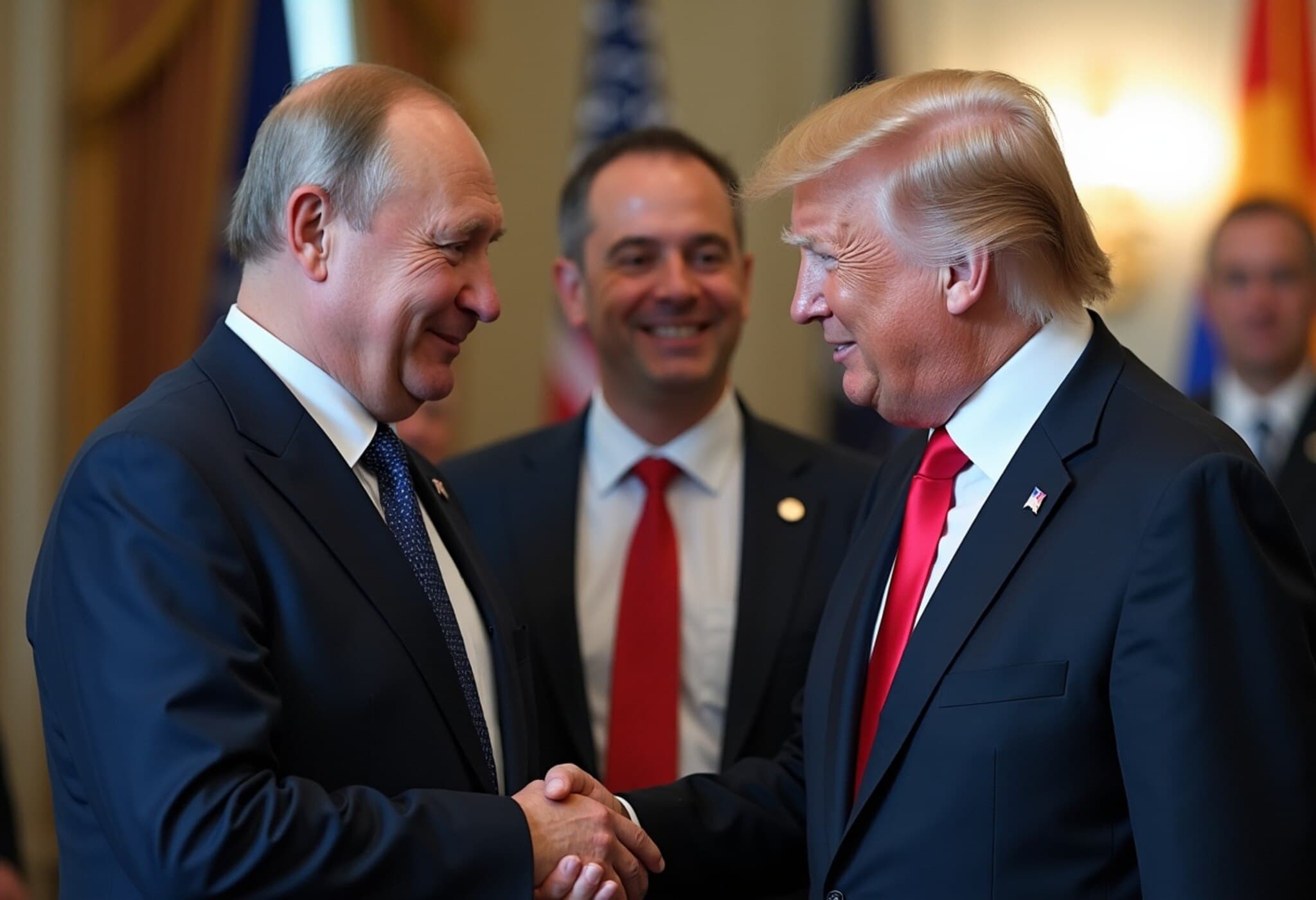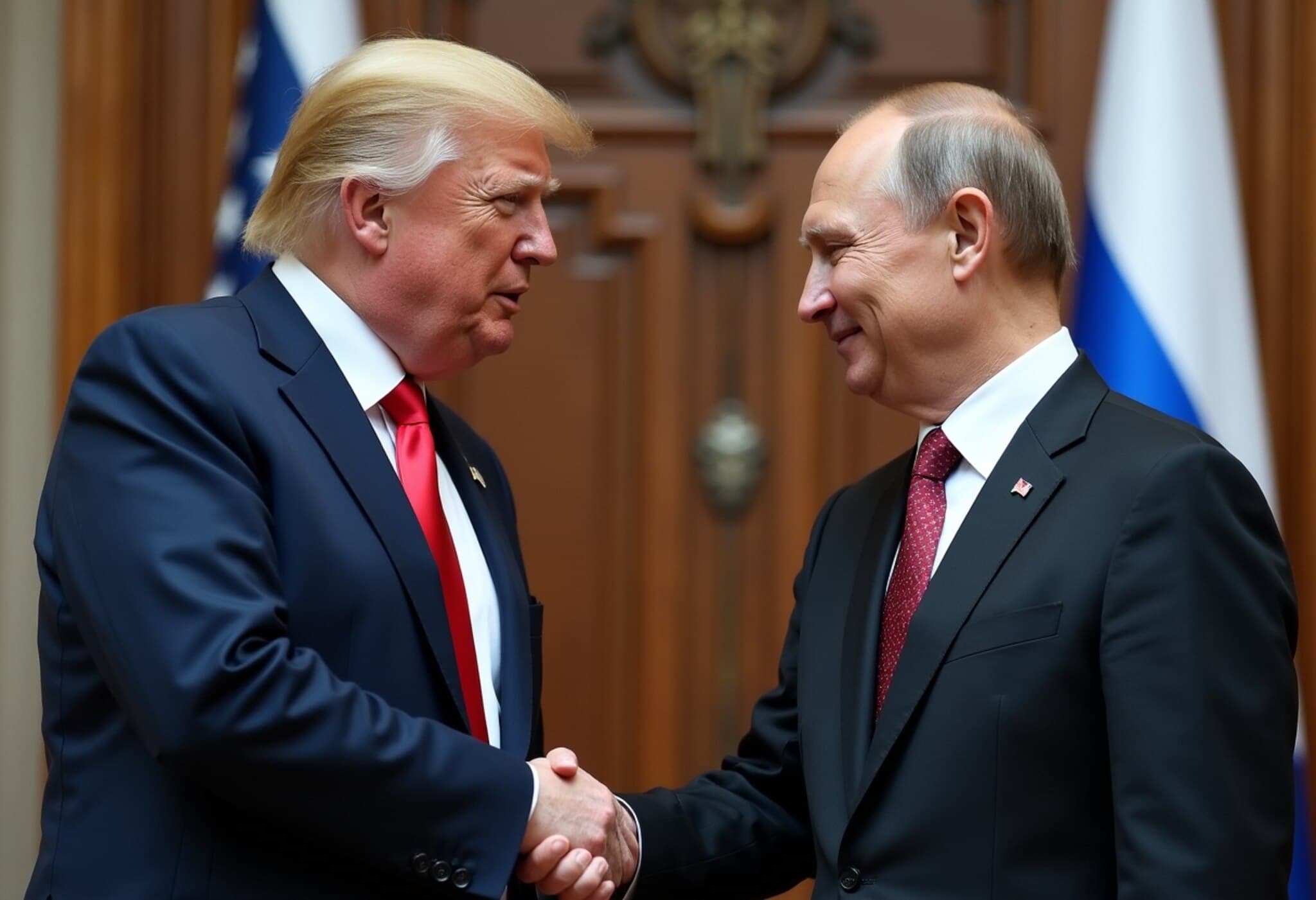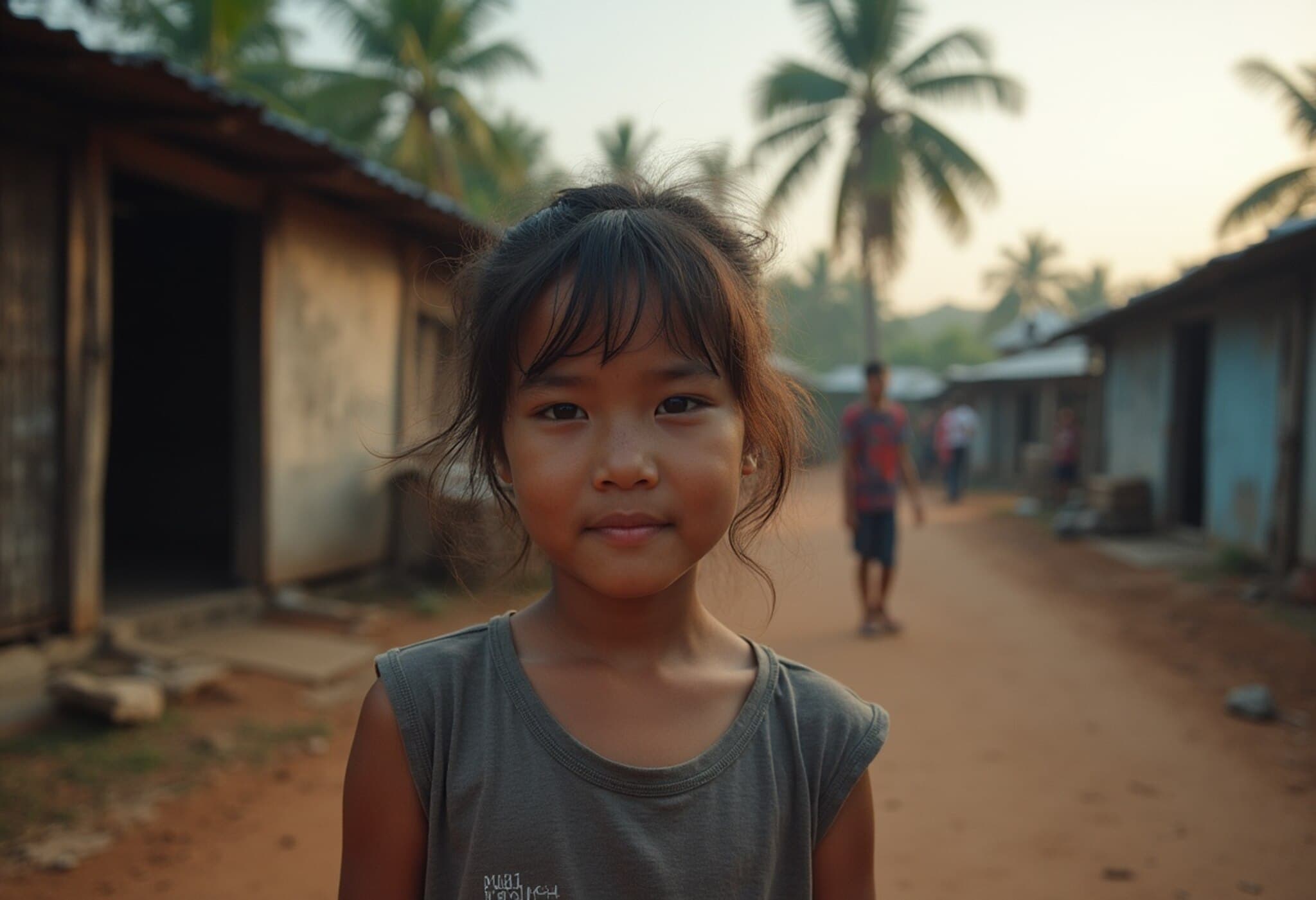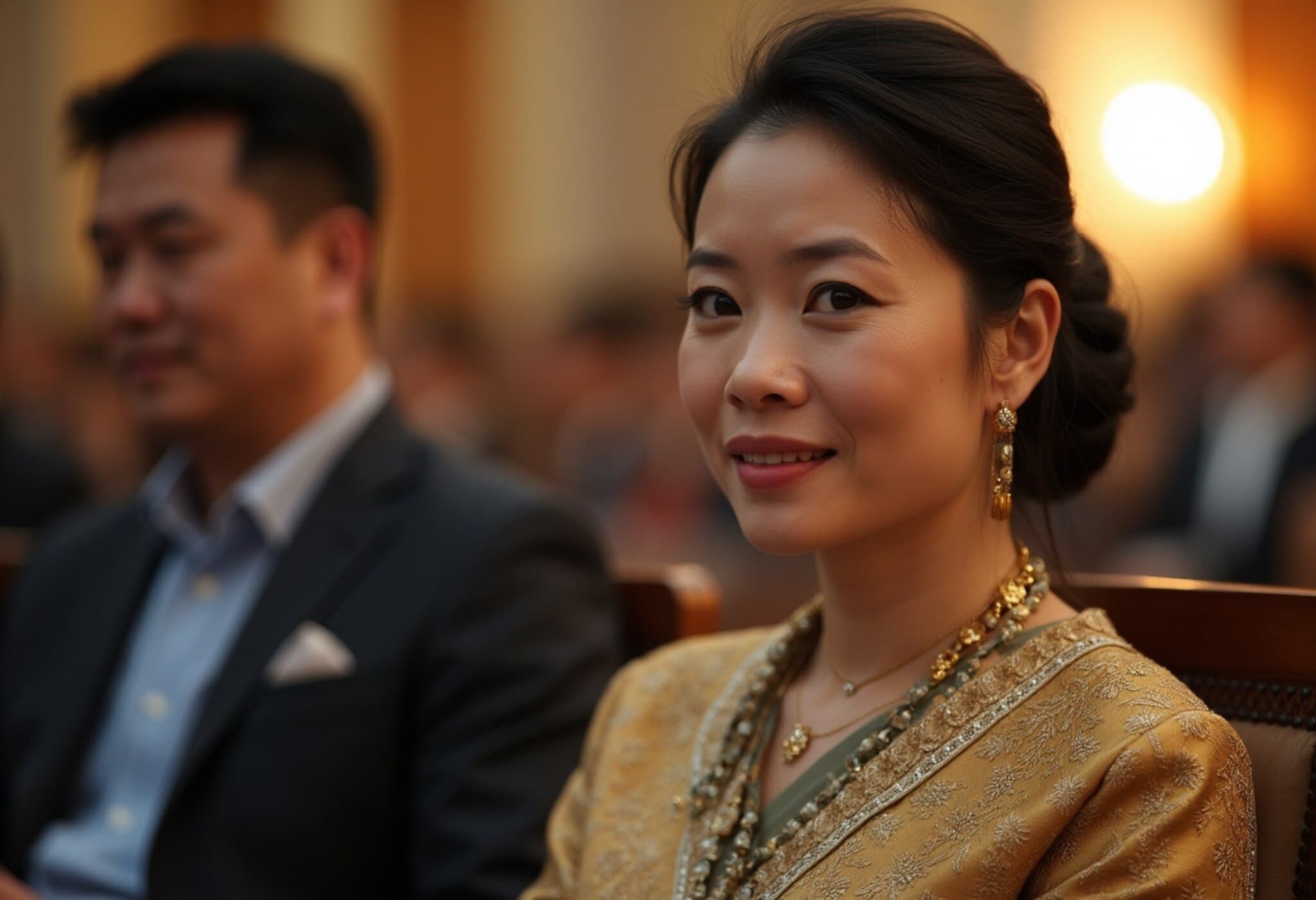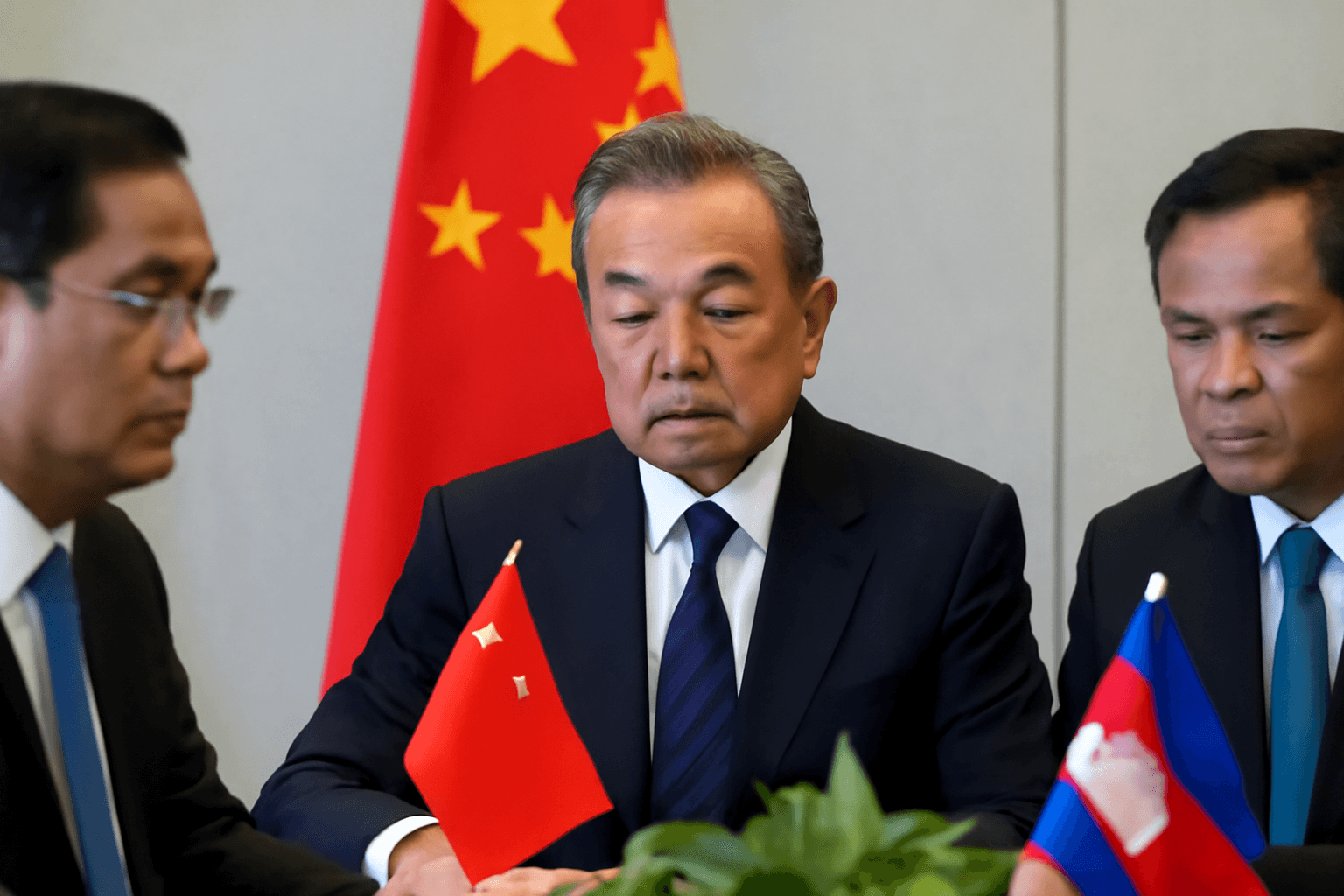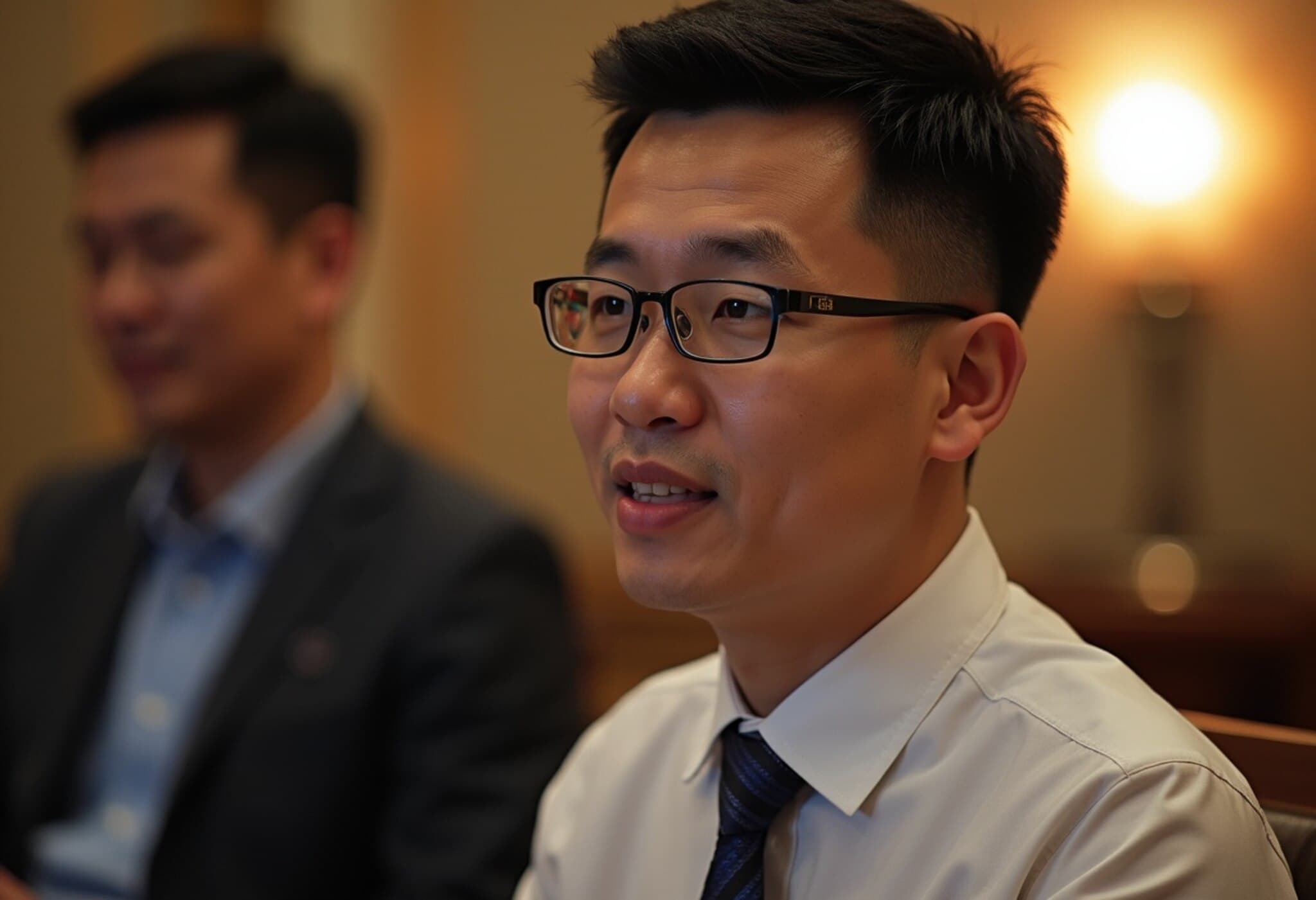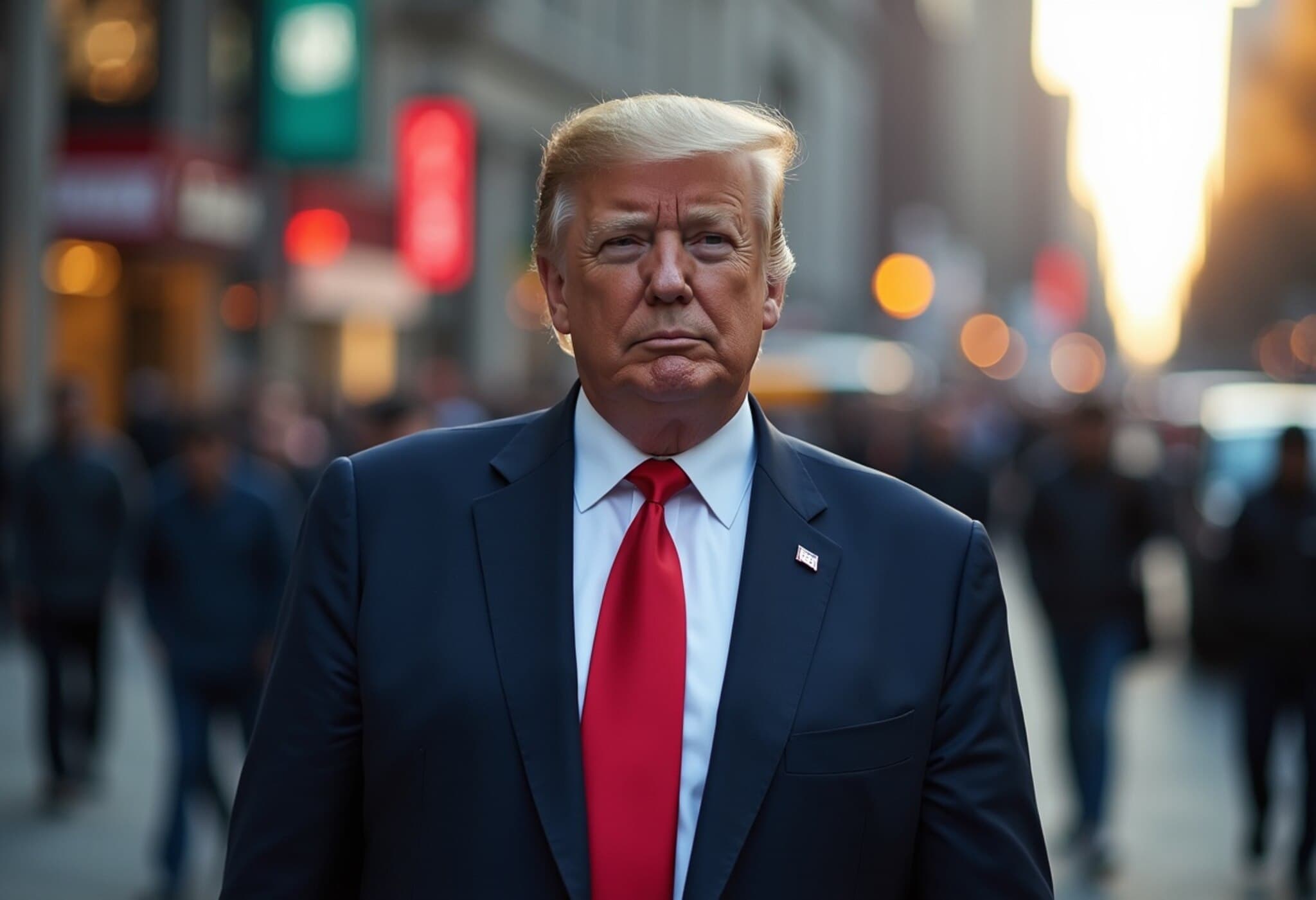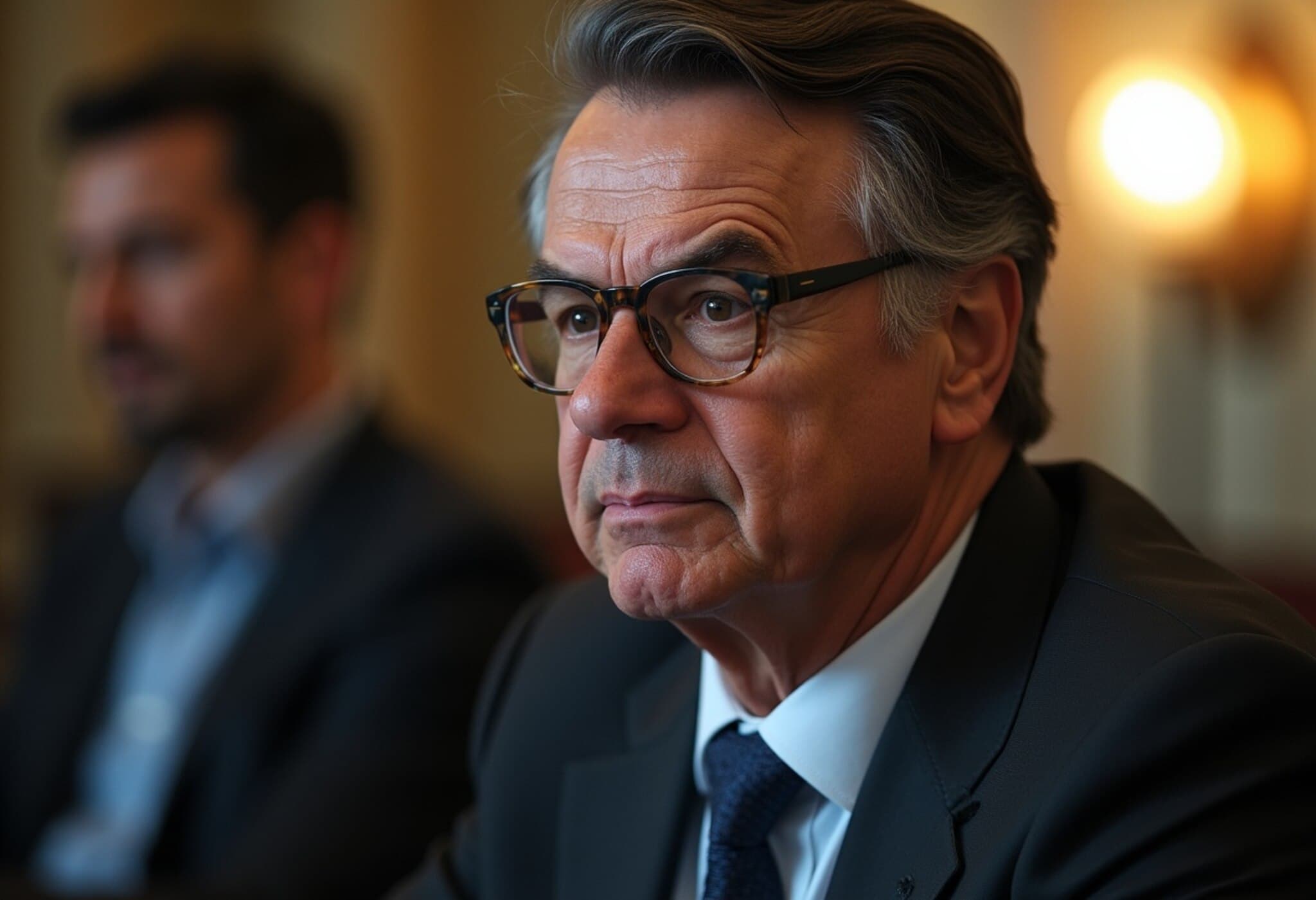Cambodian Parliament Approves Citizenship Revocation Law Amid National Security Claims
On August 25, 2025, Cambodia’s National Assembly unanimously passed an amendment to the Nationality Law granting the government sweeping powers to revoke citizenship from any individual accused of conspiring with foreign entities against national interests. This significant legislative move comes amid a tense geopolitical backdrop following a recent border clash with Thailand and rising nationalist sentiments.
What the New Law Entails
The revised legislation applies broadly to lifelong Cambodian citizens, dual nationals, and naturalized citizens alike. It empowers government authorities to strip citizenship if a person is found guilty of collaborating with foreign powers in activities deemed harmful to Cambodia’s sovereignty and security. Proponents, including Prime Minister Hun Manet and Interior Minister Sar Sokha, emphasize the necessity of such measures to protect the nation from perceived external threats.
“If you have conspired with foreign powers to destroy Cambodia, then yes, you should be worried,” Prime Minister Hun Manet stated, appealing to patriotic sentiment and framing the law as a defense against betrayal.
Critics Warn of Potential Abuse and Threats to Political Freedoms
Human rights advocates, opposition figures, and over 50 Cambodian NGOs have expressed deep concern over the law’s vague wording and potential misuse. They argue it could serve as a government tool to suppress dissent and silence political opponents by branding them as threats linked to foreign interference.
- “The bill’s ambiguous language could chill free speech by making activism a risky endeavor,” said a joint statement by civil society organizations.
- Opposition politicians with known dual citizenship fear being targeted under the new rules, raising urgent questions about the future of Cambodia’s already fragile political pluralism.
Context: Cambodia’s Political Landscape and Regional Tensions
This law arrives in the aftermath of a sharp escalation in tensions with Thailand, culminating in a brief but intense border confrontation in late July. The government positions the legislation as a patriotic safeguard amid these challenges. However, Cambodia’s political environment is dominated by the ruling Cambodian People’s Party (CPP), which holds an overwhelming majority in the National Assembly and has a history of sidelining opposition through judiciary actions and political suppression.
The main opposition party, dissolved in 2017, had been accused of conspiring with foreign powers—a charge reminiscent of the new law’s intent.
International Perspective and Legal Comparisons
While citizenship revocation is a tool used worldwide, many democratic countries restrict it to narrowly defined cases, ensuring due process and protecting human rights. Cambodia’s broad and vaguely phrased amendment diverges from these international norms, prompting global observers to watch closely for potential human rights implications.
Looking Ahead: Senate Review and Royal Assent
The law still requires formal approval from Cambodia’s Senate and King Norodom Sihamoni, though these steps are considered largely ceremonial given the CPP’s political dominance. If enacted without meaningful checks, this law could redefine Cambodian citizenship rights and significantly curtail political freedom.
Editor’s Note
The Cambodian government frames this law as a necessary shield against foreign meddling, reflecting a global trend of heightened nationalism and security concerns. Yet, the legislation’s sweeping power and ambiguous criteria pose serious risks to civil liberties, especially in a nation with limited political pluralism. Observers must ask: Does this law protect Cambodia’s sovereignty, or does it suppress legitimate political expression under the guise of national security? The balance between safeguarding a nation and upholding human rights remains the critical challenge here.



